Understanding the Future of Mechanical Manufacturing in a Changing World
As we navigate through an era defined by rapid technological advancements and shifting economic landscapes, understanding the future of mechanical manufacturing becomes increasingly crucial. According to a report by the International Federation of Robotics, the global robotics market is projected to grow at a compounded annual growth rate of 26% from 2021 to 2028, underscoring the pivotal role that automation will play in modern manufacturing processes. Additionally, a study by McKinsey estimates that up to 45% of manufacturing tasks could be automated by 2030, emphasizing the importance of integrating smart technologies into mechanical manufacturing systems. This dynamic environment necessitates a reevaluation of traditional practices, pushing industry stakeholders to adopt innovative strategies that not only enhance efficiency but also ensure sustainability in operations. As we explore various methodologies and insights, it is essential to equip ourselves with the knowledge to thrive in this evolving landscape of mechanical manufacturing.
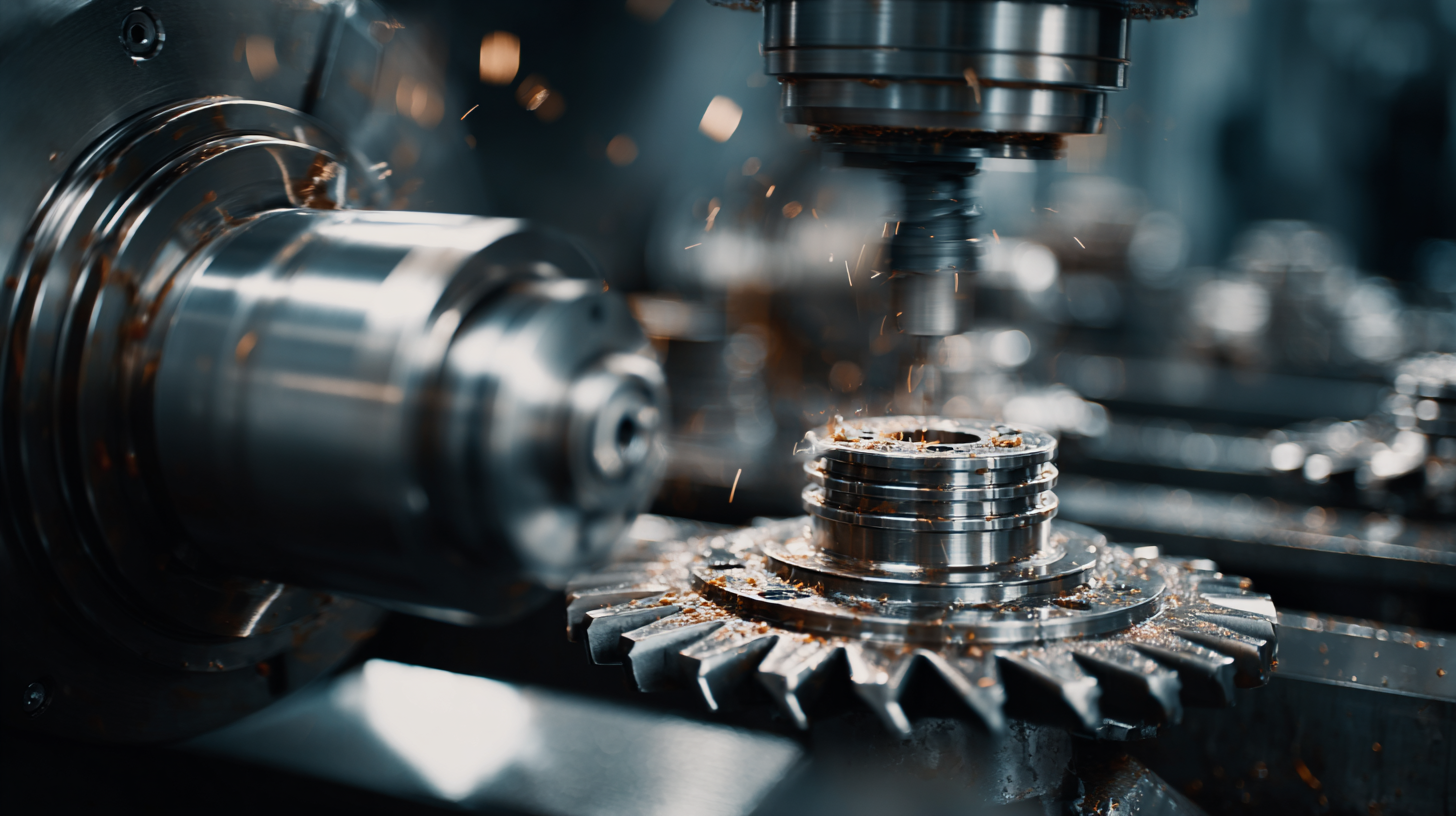
Adapting to Technological Advancements in Mechanical Manufacturing
In an era of rapidly advancing technology, the future of mechanical manufacturing lies in its ability to adapt to these transformative changes. Incorporating deep-tech and precision engineering offers opportunities for manufacturers to redefine traditional production methods. This shift is not just about replacing old practices; it's about aligning manufacturing processes with emerging technologies, such as AI and robotics, that are becoming integral to dynamic environments. Factories can harness these innovations to become more flexible, responsive, and resilient, ultimately transforming the competitive landscape.
Tips: Embrace change by investing in continuous learning for employees to stay updated on technological advancements. Additionally, fostering a culture of innovation within the organization can spur new ideas and approaches to mechanical manufacturing.
As adaptive production becomes the standard, manufacturers will benefit from incorporating advanced fabrication techniques and modular approaches. For instance, volumetric additive manufacturing can enhance production efficiency while also allowing for customization. By leveraging these technologies, companies can meet the increasing demand for personalized products while simultaneously maintaining cost-effectiveness and sustainability.
Tips: Collaborate with tech experts to explore the latest fabrication methods, and consider strategic partnerships to share resources and knowledge.
Embracing Sustainability in Manufacturing Processes and Materials
As the mechanical manufacturing sector evolves, the importance of sustainability in manufacturing processes and materials becomes undeniable. Embracing eco-friendly practices is not merely a trend; it's a transformative shift that shapes competitiveness in the industry. Recent insights reveal that leading Chinese companies are redefining their strategies by integrating compliance, innovation, and a dual focus on globalization and localization. This highlights a significant movement towards achieving sustainable development goals.

Tips: Consider adopting renewable energy sources or optimizing production processes to minimize waste. Engaging in partnerships with sustainable material suppliers can also enhance your brand's environmental responsibility.
Regions such as Xinjiang are setting an example by prioritizing green transformation in their new industrialization efforts. The push for sustainability helps local industries not only comply with national policies but also align with global movements toward a carbon-neutral future. By focusing on green initiatives, companies can create more resilient business models.
Tips: Stay updated on government policies related to carbon peak trials and incentives for green manufacturing. Participation in such initiatives can provide essential support and visibility for your sustainability efforts.
Integrating Smart Technologies for Enhanced Production Efficiency
The integration of smart technologies in mechanical manufacturing is reshaping the landscape of production efficiency. By employing digital twin technology, companies are leveraging enhanced simulation design and high-resolution modeling for precise manufacturing processes. This innovation not only optimizes product design but also facilitates improved operational workflows. According to McKinsey, the investment in industrial automation within China is projected to grow significantly, with process industries leading the way due to their reliance on methods like blending, boiling, and mixing. Such processes necessitate meticulous management of raw materials based on specific formulas to create end products that once combined cannot be separated.
Digital twins enable manufacturers to predict and analyze the performance of their processes in real-time, leading to informed decision-making. Reports indicate that industries utilizing these technologies can achieve up to a 20% increase in production efficiency and a 30% reduction in costs. As businesses continue to embrace smart manufacturing solutions, the role of advanced technologies will be crucial in driving market growth and meeting the evolving demands of the global manufacturing sector. The convergence of these innovations marks a significant shift towards a more streamlined and effective manufacturing ecosystem.
Navigating Global Supply Chain Challenges in Mechanical Manufacturing
The global mechanical manufacturing landscape is undergoing significant transformations, particularly as companies navigate the complexities of supply chain challenges. A promising sector within this domain is the automated guided vehicle (AGV) market, which is projected to surge from $2.75 billion in 2025 to $5.44 billion by 2032, demonstrating a robust compound annual growth rate (CAGR) of 10.26%. This growth is indicative of a broader trend where the integration of technology in manufacturing aims to enhance efficiency and address labor shortages.
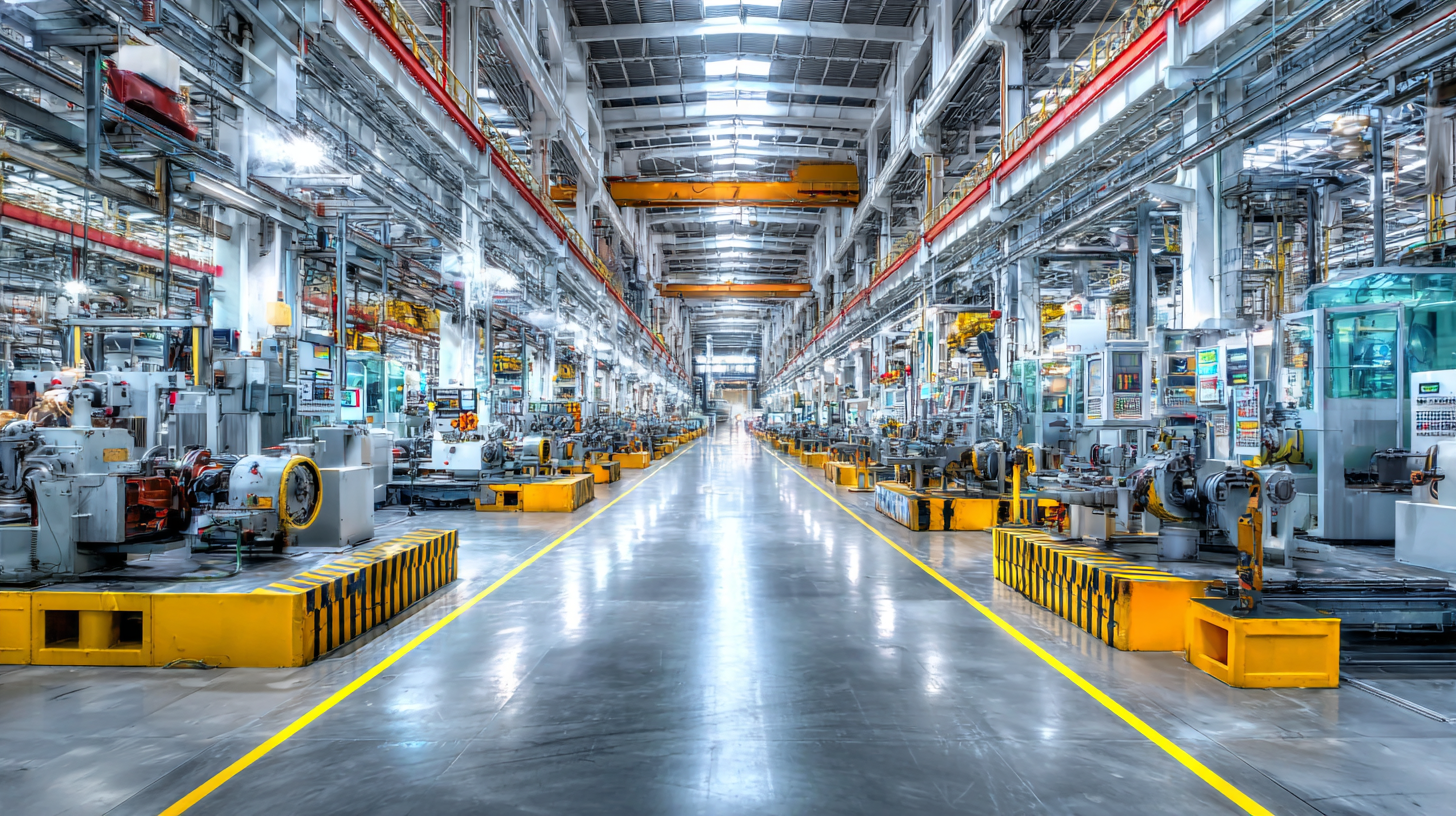
In tandem with these advancements, many organizations are increasingly committed to sustainability. Leading companies are setting ambitious carbon-neutral targets within their supply chains, aiming for full value chain carbon neutrality by 2028. This commitment is echoed by others establishing timelines for their suppliers to exclusively utilize renewable energy, laying the groundwork for a greener manufacturing future.
Tips: As manufacturers adapt to these dynamics, investing in sustainable practices is not just beneficial for the environment but also enhances brand reputation. Embracing advanced automation technologies can help streamline operations and reduce costs, making companies more resilient in the face of supply chain disruptions. Engaging with suppliers who prioritize green practices can also foster a collaborative approach to sustainability throughout the supply chain.
Fostering a Skilled Workforce for the Future of Manufacturing
As the landscape of mechanical manufacturing evolves, the need for a skilled workforce becomes more pressing. Advances in technology, including automation and artificial intelligence, necessitate a workforce that is not only technically proficient but also adaptable to new methods and processes. Educational institutions and industry partnerships play a crucial role in bridging the skills gap, offering specialized training programs that prepare individuals for the demands of modern manufacturing environments.
Moreover, fostering a skilled workforce requires a continuous commitment to learning and development. Manufacturers must invest in ongoing education and training for their employees to keep pace with technological advancements. This involves not only upskilling the current workforce but also attracting new talent through outreach programs and internships that highlight the innovative and evolving nature of the manufacturing sector. By cultivating a culture of lifelong learning, companies can ensure they remain competitive in a rapidly changing world, driving both innovation and efficiency in their operations.
Understanding the Future of Mechanical Manufacturing in a Changing World - Fostering a Skilled Workforce for the Future of Manufacturing
| Skill Area | Current Demand (%) | Projected Demand in 5 Years (%) | Training Availability (Programs) | Skills Gap (High/Medium/Low) |
|---|---|---|---|---|
| CNC Machining | 65% | 80% | 150 | High |
| Robotics | 70% | 90% | 200 | Medium |
| Additive Manufacturing | 60% | 85% | 120 | Medium |
| Quality Control | 50% | 75% | 80 | High |
| Materials Science | 55% | 70% | 60 | Low |
Related Posts
-
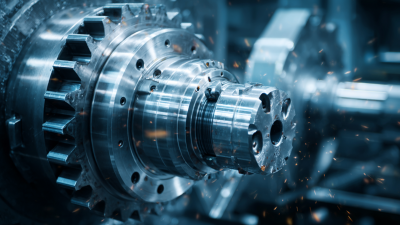
How to Optimize Mechanical Manufacturing Efficiency Using Data Analytics Techniques
-
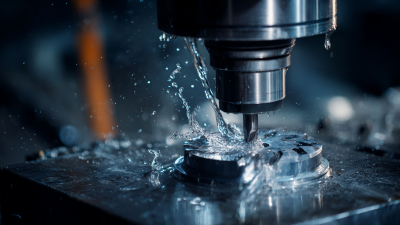
Revolutionizing Mechanical Manufacturing: Innovations Driving Efficiency and Quality in Production
-

Exploring Innovative Alternatives in Machine Engineering for Enhanced Efficiency and Productivity
-
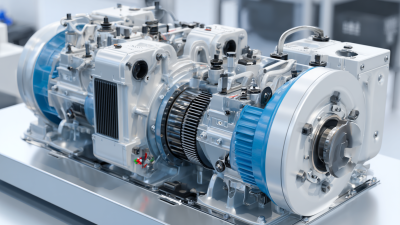
Maximizing Savings with Superior After Sales Support for Best Mechanical Electrical Solutions
-
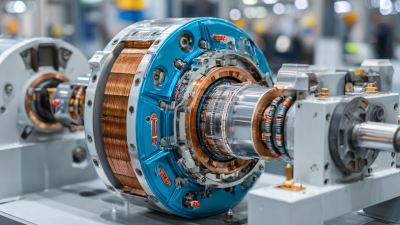
How to Navigate the World of Mechanical and Electrical Engineering Innovations
-
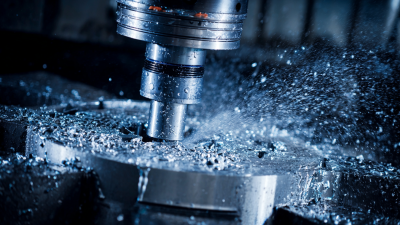
CNC Precision Engineering Versus Traditional Machining A Comprehensive Comparison
